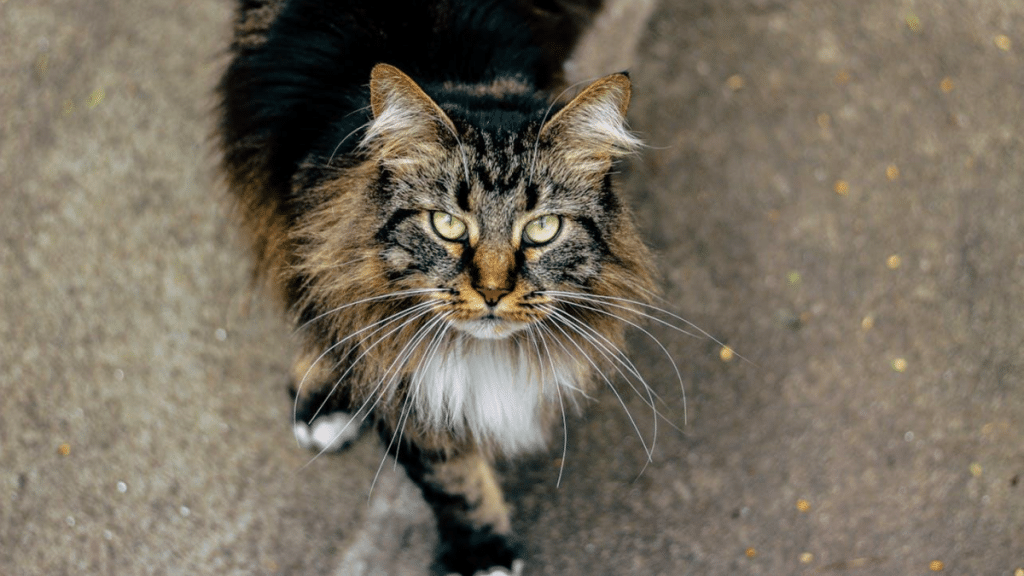Maine Coons are beloved for their affectionate personalities, playful nature, and stunning appearance. If you’re considering adding one to your family, deciding between a male or female can be a tough choice. While both make excellent companions, they have some distinct traits that might make one a better fit for your lifestyle.
Physical Differences
Male Maine Coons are typically larger than females, weighing between 13–25 pounds, while females range from 8–18 pounds. Males often have broader faces and larger, more muscular frames, which gives them a striking, majestic appearance.
Females are smaller and have a more delicate build, which some owners prefer for easier handling, especially in smaller homes. Both genders share the breed’s iconic features, including tufted ears, bushy tails, and thick, water-resistant coats.
Personality and Behavior
Maine Coons are known for their friendly and intelligent nature, but there are some general differences in behavior between males and females:
Males: They are social butterflies and tend to be more outgoing and playful. Male Maine Coons often demand attention and enjoy interacting with all family members. They’re also known to be a bit more “dog-like,” often following their owners around the house.
Females: Females are typically more reserved and independent. They still enjoy affection but on their own terms, often bonding deeply with one or two people rather than the entire household.
Both genders are affectionate, but males may seek out interaction more often, while females are a bit more laid-back.
Energy Levels
Males are often more playful and energetic, retaining kitten-like behavior well into adulthood. They thrive on interactive play and exploring their environment.
Females are slightly calmer and more focused, making them better suited for quieter households. While they still enjoy playtime, they might prefer less boisterous activities.
Care Considerations
While both genders require similar care, there are a few key differences to keep in mind:
- Space and Food: Males may need more space to roam and larger portions of food due to their size, which could mean higher costs.
- Neutering/Spaying: Both genders should be spayed or neutered if not intended for breeding. Neutering a male helps prevent spraying and roaming, while spaying a female avoids heat cycles and reduces health risks.
- Attention Needs: Males generally crave more interaction, while females are more self-sufficient, which might affect how much time you’ll need to spend with them.
- Living Situations
- Families or Multi-Pet Homes: Males, with their sociable and tolerant nature, are often better suited to busy households with kids or other pets.
- Quieter Households or Smaller Homes: Females, being more reserved and lower-maintenance, may be a better fit for individuals or couples in calmer environments.
Which Is Right for You?
Choosing between a male or female Maine Coon ultimately depends on your preferences and lifestyle. If you’re looking for a playful, outgoing cat that loves constant interaction, a male might be the perfect choice. If you prefer a more independent and relaxed companion, a female could be ideal.
Keep in mind that personality often varies more by individual than by gender. Spend time with the cat or kitten to understand their unique traits before deciding. Whether male or female, a Maine Coon will bring joy, love, and companionship to your home.

